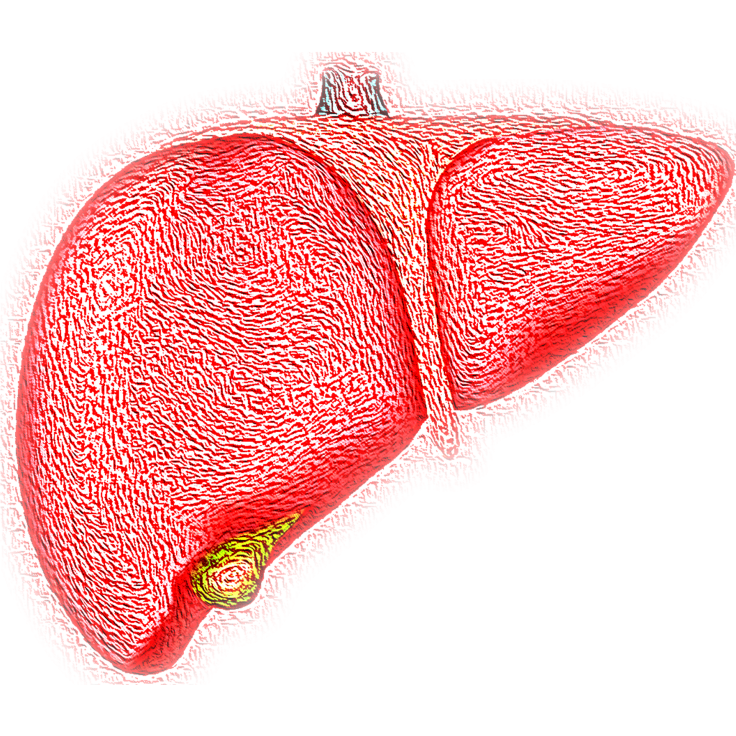Doctors Misdiagnosed A Giant Parastite As Liver Tumor, Told Woman She Was Dying

KEY POINTS
- About 18,235 cases of alveolar echinococcosis are diagnosed globally every year
- In areas, where the condition is rare, it is misdiagnosed as a malignant liver tumor
- Parasite can be acquired by eating tainted produce or not washing hands after petting a dog
Cassidy Armstrong was devastated after she was diagnosed with a tumor in her liver. But, on being diagnosed she found it to be something else.
After suffering from a vague pain on her right side, the scans revealed that a grapefruit-size mass was growing on her liver. The doctors had diagnosed it as a rare malignant cancer alongside a grim prognosis. She was informed that despite all the treatment she would receive, it is likely that she’d succumb within a few years.
She was coming into terms with her death sentence and was even getting ready to die. But after the mass was removed, a pathologist viewed it under a microscope, only to find that it was actually a rare parasite that had been growing within the 36-year-old's body for around a decade.
She didn’t know what to expect and was wondering if it was a piece of good news or bad. Her doctors explained to her that it was way better than what they thought she had. It turned out that Armstrong wasn’t going to die of liver cancer but take anti-parasitic drugs for the rest of her life to keep the invader under control. Infectious disease experts are closely watching her case.
According to Sr. Stan Houston, a professor of medicine at the University of Alberta, this is a new problem in North America and he has been treating around 15 patients (including Armstrong) diagnosed with a rare parasitic disease called alveolar echinococcosis caused by the tiny tapeworm Echinococcus multilocularis.
People can contract it by consuming tainted produce or while petting a dog and not washing their hands. About 18,235 such cases have been reported worldwide, according to the World Health Organization (WHO).
Human hosts of this parasite end up with a mass of parasite cells in their liver which resembles a cancer tumor. And in regions where the condition isn’t commonly encountered, like Canada and the U.S., it can be easily misinterpreted for a malignant tumor.
“They’re just multiplying and spreading locally. They can spread to other parts of the body as cancer can,” Today quoted Houston. “Nobody [here] has ever seen this before, nobody is familiar with it," he said. "So when you see a nasty shadow on the imaging, the ultrasound or MRI, all their experience would suggest it must be cancer,” he added.
© Copyright IBTimes 2025. All rights reserved.






















